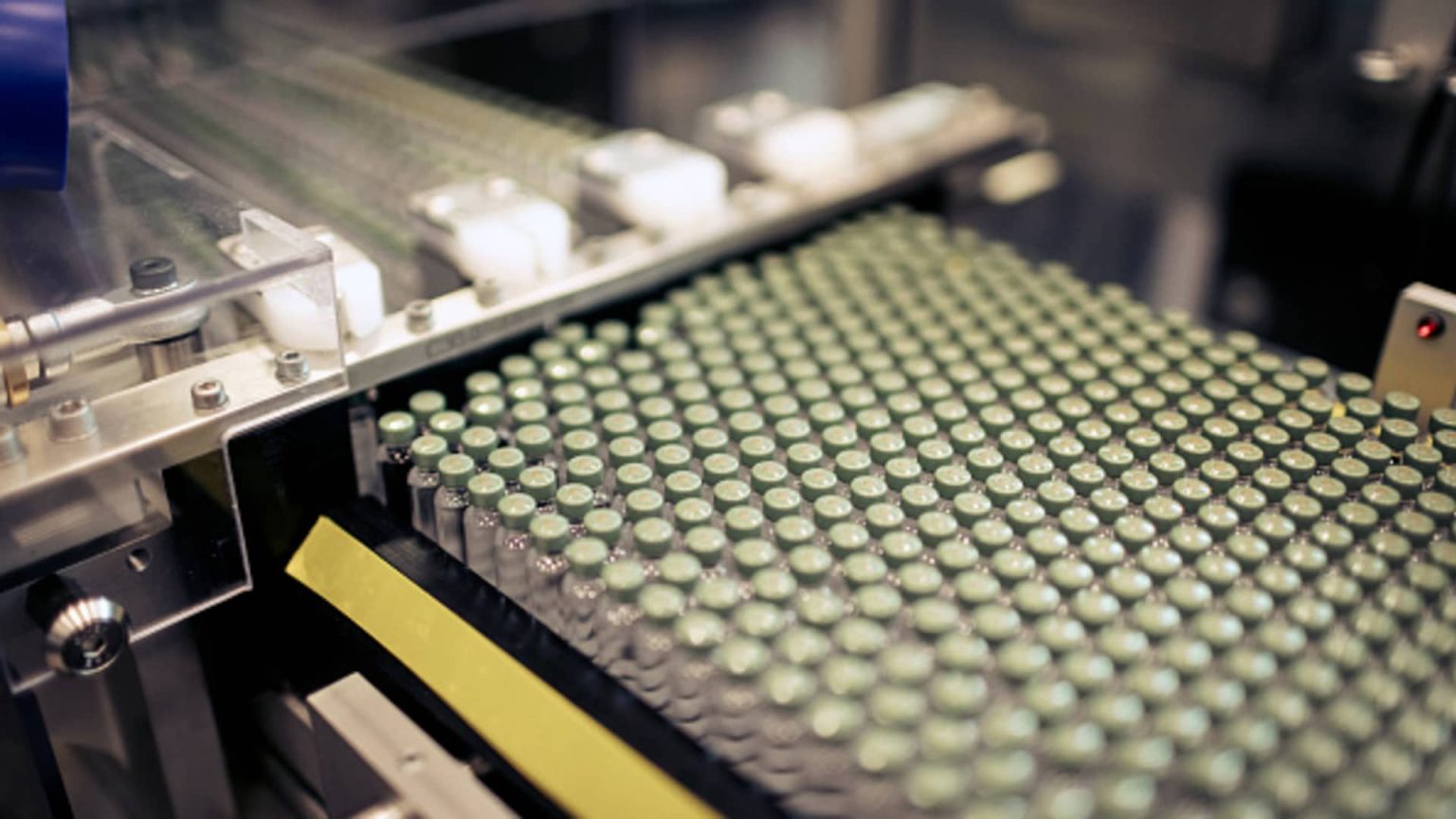A recent port strike from New England to Texas has caused disruptions to nearly half of all trade coming into the U.S. ImportGenius data shows that critical medical devices and drug components for weight-loss and diabetes drugs from Novo Nordisk and Eli Lilly, such as Ozempic, Wegovy, Mounjaro, and Zepbound, have been affected by the ILA union port work stoppage. These drugs rely on East Coast ports for incoming trade, particularly from the Port of Norfolk. Novo Nordisk has imported numerous containers of pharmaceuticals and injection devices containing semaglutide, a compound in their weight-loss drugs. The company has generated significant revenue from these drugs, with most of it coming from the U.S.
Despite the port strike, Novo Nordisk and Eli Lilly have mitigation plans in place to prevent production disruptions. Novo Nordisk plans to use airfreight to ship products to and from the U.S. Eli Lilly, on the other hand, has not disclosed details about its external supplier relationships. The strike has come at a crucial time for inventory replenishment in the pharmaceutical industry, with almost all drugs being produced on a just-in-time basis. Additionally, nearly half of the active pharmaceutical ingredients used in the U.S. are imported from India, with some critical components needed for manufacturing weight-loss drugs.
The Biden administration and state governments like New York are actively monitoring the risk to medical supplies caused by the port strike. Immediate impacts are anticipated across medicines, medical devices, and infant formula. East Coast ports are also a major gateway for generic medicine made in India, adding to the complexities of the current healthcare supply chain disruptions. The effects of Hurricane Helene on the pharmaceutical industry, particularly the damage to Baxter International’s key facility in North Carolina, have worsened the situation. The shortage of IV fluids could affect patient care and access to essential medicines.
Gov. Kathy Hochul of New York has reassured that efforts are being made to ensure essential products reach grocery stores and medical facilities despite the strike. However, with severe delays, reroutes, and uncertainties in delivery, the Alliance for Chemical Distribution anticipates challenges in transporting essential products at U.S. ports. Supply chain risk management experts are working on triaging the most critical goods, focusing on high-value medicines and consumable products necessary for disaster relief efforts. The disruption could potentially impact the sourcing of important APIs and precursors, including antibiotics and pain medicines, as well as medical plastics and sterile gloves needed in disaster relief situations.
While the strike primarily affects the East and Gulf Coast ports, the impact is widespread, as seen in the disruptions to the pharmaceutical industry and the availability of essential medical supplies. The situation underscores the importance of having robust mitigation plans in place to minimize the effects of such labor disputes and natural disasters on the healthcare sector. As efforts continue to address the challenges posed by the port strike, stakeholders are actively working to ensure the continuity of the pharmaceutical supply chain and access to critical medications for patients across the U.S.


